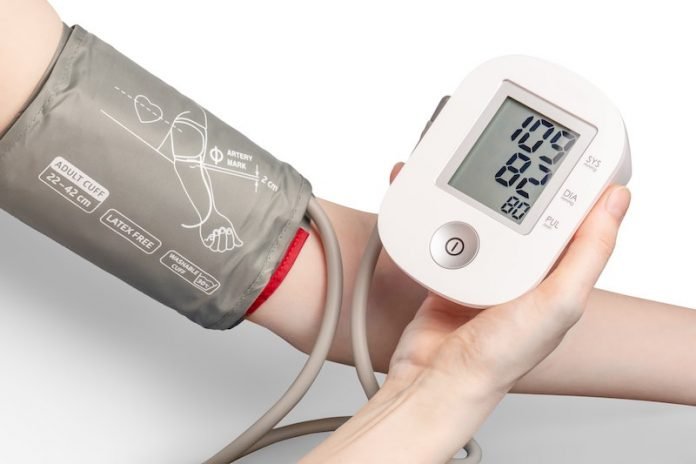
In a recent study published in the American Journal of Physiology — Renal Physiology, researchers found lower-than-normal zinc levels may contribute to high blood pressure (hypertension) by altering the way the kidneys handle sodium.
The study is from Emory University. One author is Clintoria R. Williams.
Zinc deficiency is common in people with chronic illnesses such as type 2 diabetes and chronic kidney disease. People with low zinc levels are also at a higher risk for hypertension.
The way in which the kidneys either excrete sodium into the urine or reabsorb it into the body — specifically through a pathway called the sodium chloride cotransporter (NCC) — also plays a role in blood pressure control.
Less sodium in the urine typically corresponds with higher blood pressure.
Recent research has suggested that zinc may help regulate proteins that in turn regulate the NCC, but a direct link between zinc-deficiency-induced hypertension has not been examined.
In the study, the team compared male mice with zinc deficiency to healthy controls with normal zinc levels.
The zinc-deficient mice developed high blood pressure and a corresponding decrease in urinary sodium excretion. The control group did not experience the same changes.
A small group of zinc-deficient mice was fed a zinc-rich diet partway through the study.
The team found once the animals’ zinc reached adequate levels, blood pressure began to drop and urinary sodium levels increased.
These findings showed that enhanced renal sodium reabsorption plays a critical role in zinc-deficiency-induced high blood pressure.
Understanding the specific mechanisms by which zinc deficiency contributes to high blood pressure may help improve the treatment of high blood pressure.
If you care about blood pressure health, please read studies about popular high blood pressure drug may increase risk of bowel disease and findings of this popular tea may cause high blood pressure.
For more information about high blood pressure, please see recent studies about this sleep problem may lead to high blood pressure and results showing that common slow exercise may help control high blood pressure.
Copyright © 2021 Knowridge Science Report. All rights reserved.



